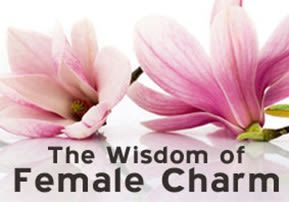
Korach: The Wisdom of Female Charm
Ben Pelet’s wife was able to see the good in her husband, and that’s exactly what saved him from the fate of Korach and the others who rebelled against Moses…

Parshat Korach
In this week’s parsha we hear about how the earth opened its mouth and swallowed up Korach, his family and all of his supporters. The cause of this calamity was that Korach the cousin of Moshe and Aharon, instigated more than two hundred and fifty people to defy the authority of Moshe and the appointment of Aharon as the Kohen Gadol.
THE MYSTERY OF ON BEN PELET
“Now Korach the son of Yitzhar, the son of Kahath, the son of Levi, and Dathan and Aviram, the sons of Eliav, and On the son of Pelet, sons of Reuven, took men” (Bamidbar 16:1). The son of Pelet is listed as one of Korach’s supporters but there is no further mention of him. “Hashem spoke unto Moshe, saying, speak unto the congregation, saying, Get you up from about the dwelling of Korach, Dathan and Aviram” (Bamidbar 16:23-24). On the son of Pelet is not included among the people who are punished with Korach. How did he escape sharing their fate?
THE WISDOM OF FEMALE CHARM
In the Talmud (Sanhedrin 109b) we find the following anecdote: “Rav said, On the son of Pelet was saved by his wife. She asked him, `what difference does it make to you whether Moshe or Korach is in charge? In either case, you will be just a student.’ He answered her, `But what can I do? I was in their council and I swore allegiance to them.’ She replied, `I know that they are all a holy congregation, as it states …the entire congregation is holy (Bamidbar 16:3). Turn back and I will save you.’ She then served him wine. He got drunk and went to sleep. She went to sit in the doorway of her house, and untied her hair. Whoever saw her went away [As they didn’t want to be exposed to a married woman’s uncovered hair]. In the meantime Korach and his supporters were swallowed up.” According to this Talmud, the wife of On was able to save her husband by understanding that the entire congregation of Israel is holy and modest and she could therefore be sure that no-one would dare to enter their home seeing that her hair was loose. Whoever came to call her husband saw her uncovered hair and returned (Rashi, Sanhedrin 109b).
KORACH’S WIFE
The Talmud continues to explain what made Korach, who was a Levi and a talmid chacham (Torah scholar), go against the decree of G-d and thereby cause himself and his supporters to lose both This World and the next. Korach’s wife said to him, “See what Moshe has done: he is the king, his brother has been made Kohen Gadol, and the sons of his brother have been made assistant Kohanim. When people bring truma, (the priestly tithe), he says, `give it to the Kohen.’ When they bring ma’aser (Levitical tithes), he says, `give on tenth of it to the Kohen.’ Moreover, because he envies you, he has shaven your hair in order to reduce you to a piece of dung.” Korach answered, “But he has also shaven his own hair.” His wife replied, “It is all for his own advantage. He thinks to himself, “Let me die with the Plishtim” (Shoftim 16:30) [The fact that he himself shaved as well was irrelevant; since he was willing to forgo his own honor, as long as could make everyone else look foolish. In the same way Shimshon was willing to die as long as he could kill the Plishtim as well.] This is the meaning of: (Mishlei 14:1) “The wisdom of women builds her house,” -this applies to the wife of On ben Pelet, “but folly plucks it down with her hands,”-this applies to the wife of Korach. [She ignited his suspicion of Moshe, implying that Moshe made up the mitzvah that all Levites must be shaven (Bamidbar 8:7) in order to make fun of them.]
IT ALL DEPENDS ON THE WOMAN
The Talmud depicts the great power of womankind by contrasting two influential women. One incited the downfall of Korach and his assembly. The other was able to rescue her husband from this evil council. What differentiated the ways of these two women whose influence on their husband had such tremendous impact on the political and spiritual fate of the entire Jewish nation?
MOTIVATED BY THE RESPECT OF HIS WIFE
My friend, Shoshanna Lepon, the author of The Greatest Treasure, and Heartbeats gives the following explanation: A man is motivated by the respect of his wife. On’s wife was interested in building him up. She expressed concern for her husband’s esteem when she asked, “What are you going to get out of participating in Korach’s rebellion?” On’s wife was able to persuade her husband by caring about his respect, and demonstrating that he had nothing to gain by joining Korach. Korach’s wife, on the other hand, related to her husband in precisely the opposite way. Instead of building him up, she put him down and degraded him; by making fun of the way he looked after having complied with Moshe’s command to shave all his body hair. It was thus Korach’s attempt to re-gain the respect of his wife that incited him to rebel against the authority of Moshe. He wanted to save face and show his wife that he was enough of a man to stand up against Moshe and prevent being made a fool in her eyes.
LOOKING FOR THE GOOD
While Korach’s wife was critical and always looked for the negative, the wife of On, was able to save her husband by looking for the positive element, even within her opponent. The selfsame statement, “…The entire congregation is holy” used by Korach to challenge the authority of Moshe, is turned around by On’s wife to acknowledge the virtuous component of Korach and his congregation –the most despicable fragment of the Jewish people. If she was able to perceive the good in those from whom she wanted to protect her husband, how much more can we assume that she constantly looked for the good in her husband. It is this ability to always look for the positive, and build up her husband which the Talmud considers to be “The wisdom of women [which] builds her house.”
***
Rebbetzin Chana Bracha Siegelbaum is Director of Midreshet B’erot Bat Ayin in Gush Etzion. This article is an excerpt from her book Women at the Crossroads: A Woman’s Perspective on the Weekly Torah Portion, reviewed by The Jerusalem Post, The Jewish Press, Voices Magazine, Good Reads, and WordPress/JewishPress and more. To order this book, click here.



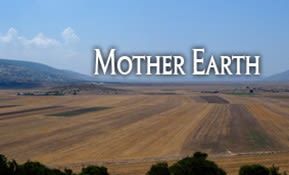
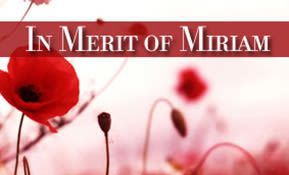


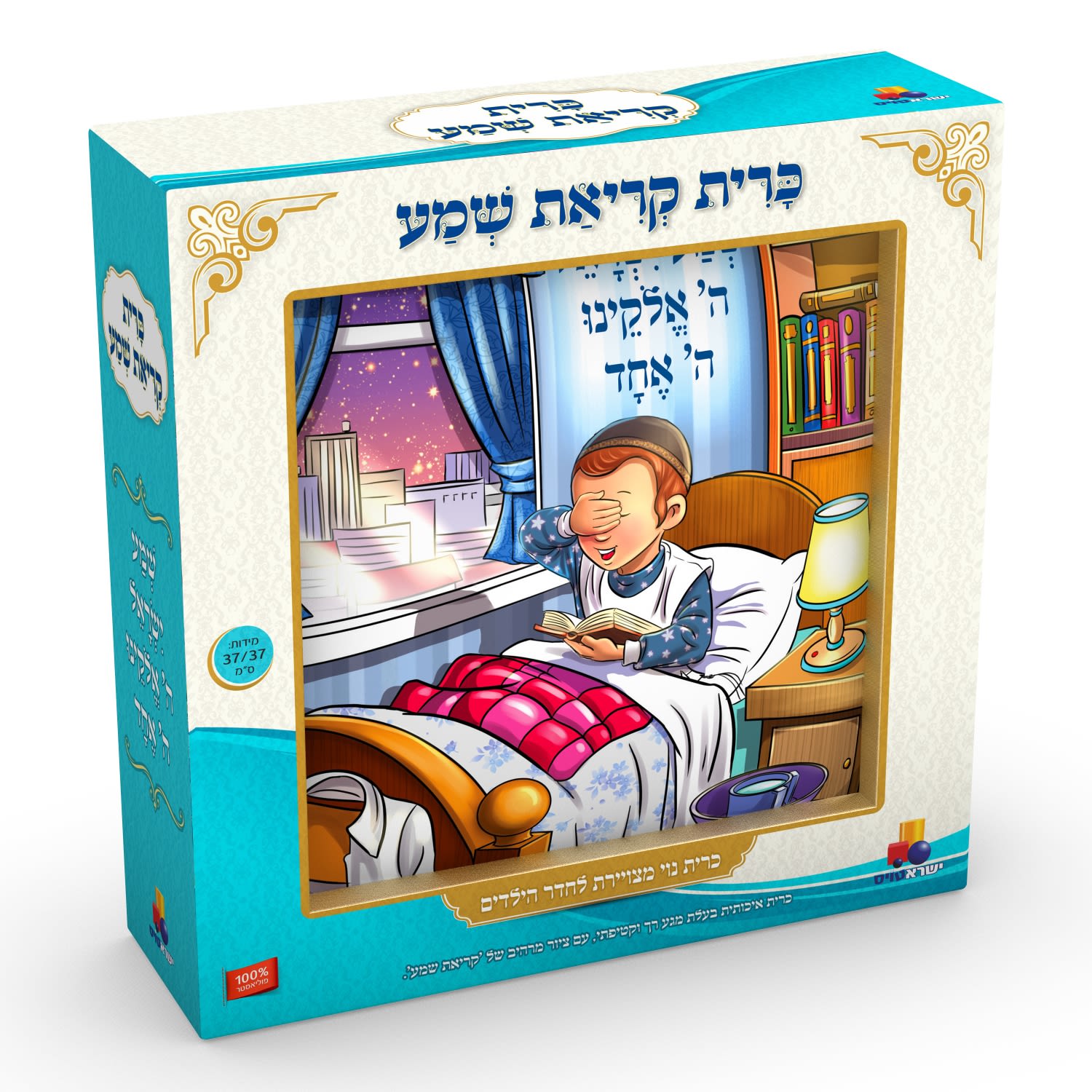
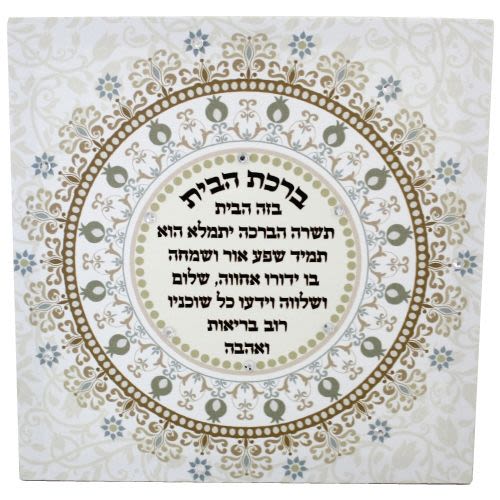
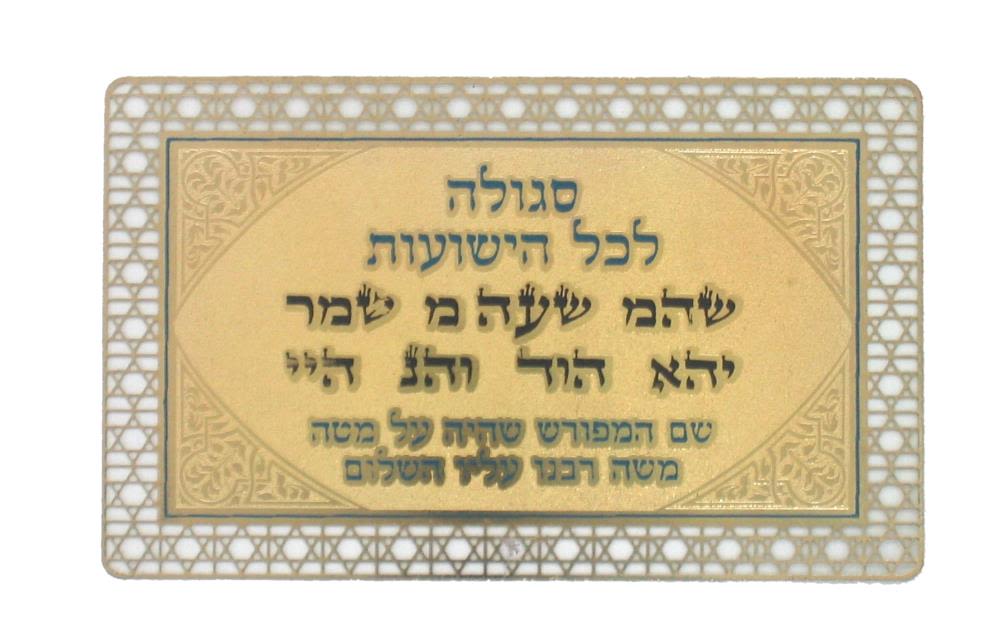
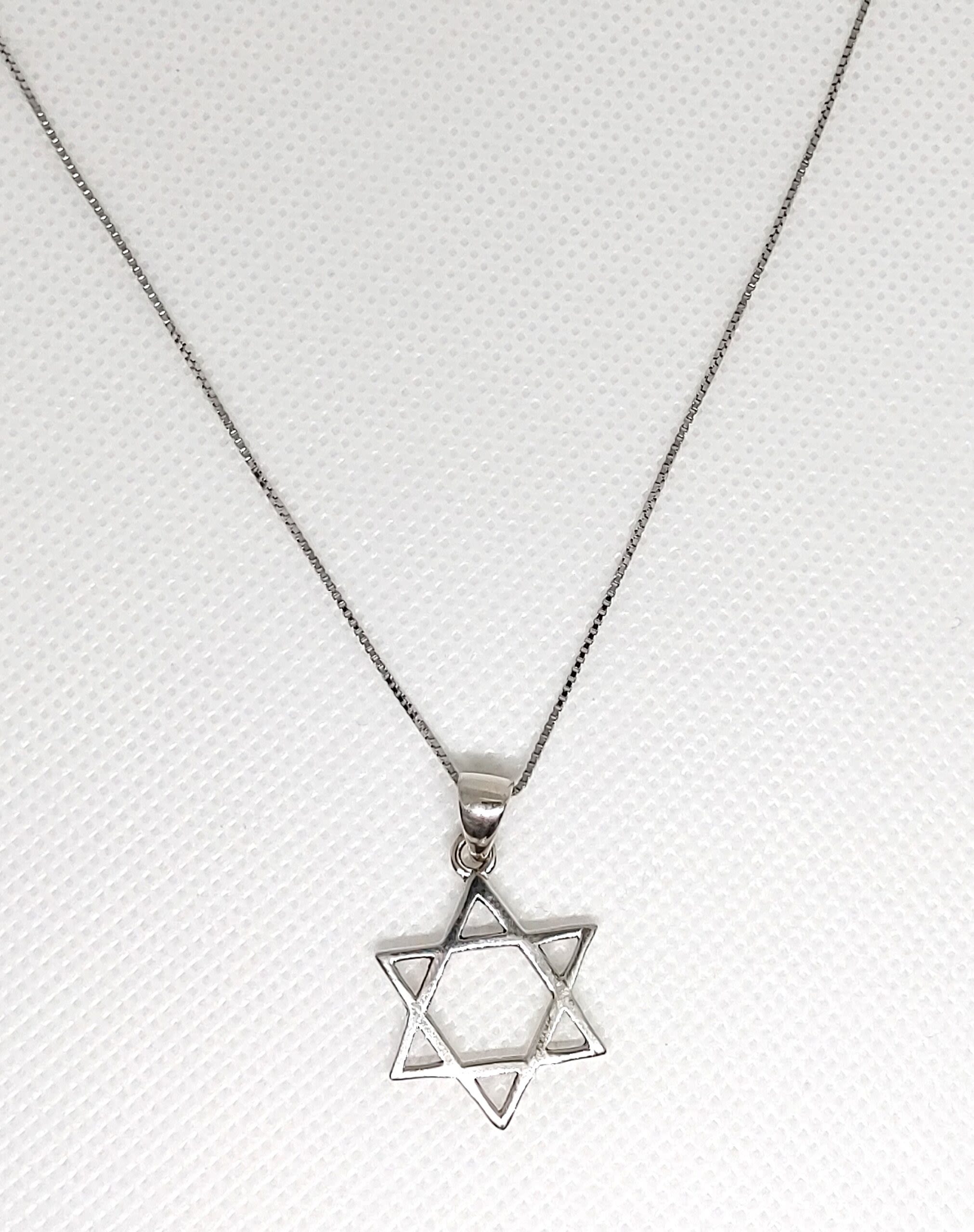

Tell us what you think!
Thank you for your comment!
It will be published after approval by the Editor.